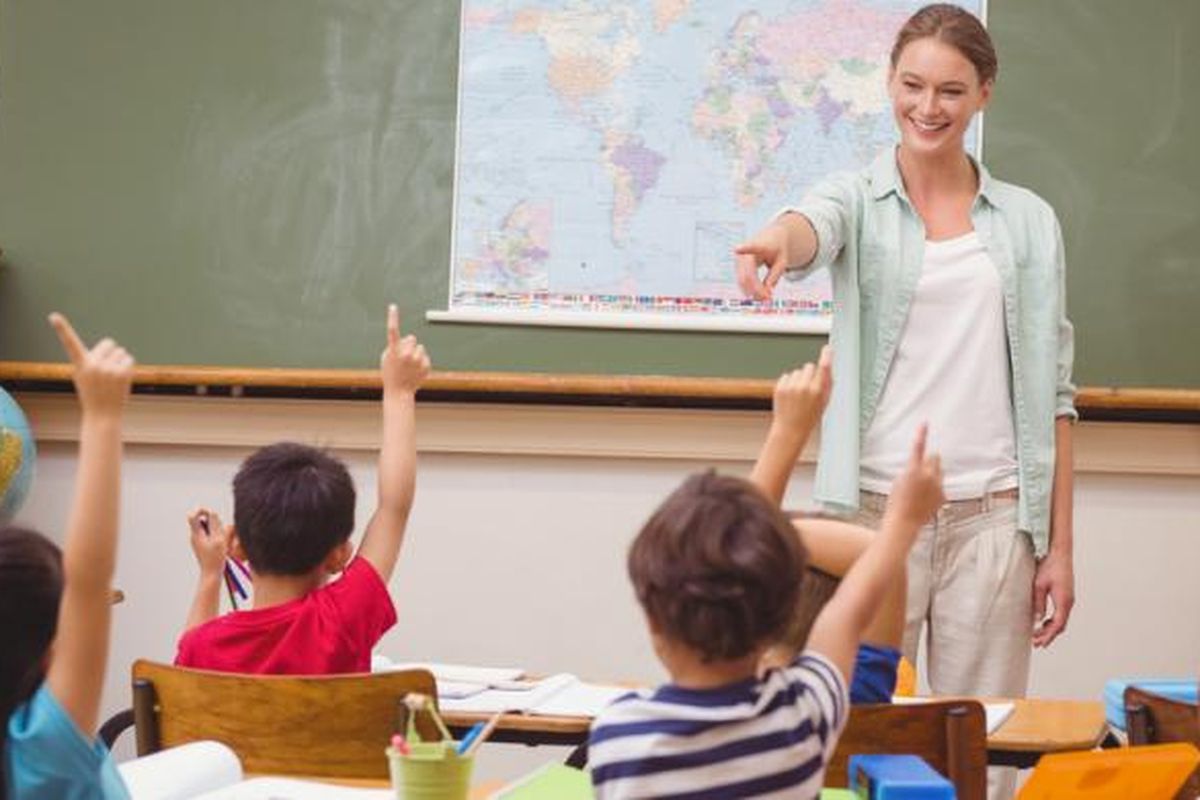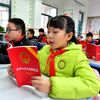Parents in Spain Prepared to Defy Back to School Order

Officials also say that more than half of those infected now show no symptoms, which explains why hospitals that struggled at the peak of the epidemic in spring are seeing fewer Covid-19 patients this time.
As cases continue to go up and fuel debate in parents’ group messaging chats, Spanish authorities last week issued revised guidelines for the reopening. They included mandatory masks for students six and older, daily body temperature checks, hand-washing at least five times per day and frequent ventilation of classrooms.
The Ministry of Health has also recommended setting up so-called “bubble-classrooms” where a reduced number of students interact only among themselves, and “Covid coordinators” in every school who can react quickly if an outbreak is identified.
But many parents say funding is insufficient to hire more teachers and that some schools just don't have additional space.
Read also: Indonesia to Allow Face-to-Face Classes in Covid-19 Low Risk Zones
They also see an inconsistency in authorities allowing up to 25 children in classrooms while banning large meetings of people or imposing curbs on nightlife in response to surging contagion.
In Madrid, those restrictions have been expanded even to private homes, where no gatherings of more than 10 relatives or friends are allowed.
Over 8 million students in Spain are beginning the academic year this week or next, with the starting date varying in each of its 17 regions and according to education levels.
Although scientists are still studying the role children play in spreading Covid-19, younger children appear less infectious than teenagers.
Children mostly suffer only mild infections when they catch the virus, but in rare cases they can get severe illness and studies have shown they can transmit Covid-19 to others in their households, including their parents.
Read also: A Stool Test May Be More Effective in Detecting Coronavirus among Infants
Aroha Romero, a mother of two from the eastern region of Valencia, said the lack of clarity increases her anxiety.
“I would rather be threatened (to be charged with absenteeism) than have my children be motherless due to the coronavirus,” she said
Lorenzo Cotino, a law professor at the University of Valencia who has studied the impact of legislation in education, noted that schooling is widely supported in Spain since a 1970 law made physical attendance mandatory, reducing social divisions.
The pandemic has reinforced the idea that “equality and schooling go hand in hand", Cotino said, because "children in marginalized groups with less internet access received a poorer education at home”.


































